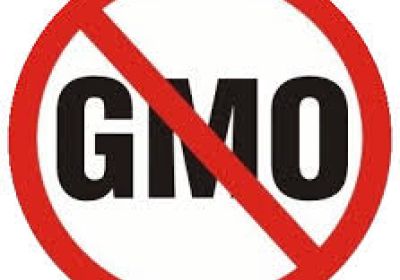
-
 New Caledonia, a French-administered archipelago in the south-west Pacific, passed a law on February 13 banning the importation of genetically modified seeds for cereals and fruits. Vegetables, however, are exempt from the law. A proposal for mandatory labelling of GMO products is still to be approved by the Congress.
New Caledonia, a French-administered archipelago in the south-west Pacific, passed a law on February 13 banning the importation of genetically modified seeds for cereals and fruits. Vegetables, however, are exempt from the law. A proposal for mandatory labelling of GMO products is still to be approved by the Congress. -
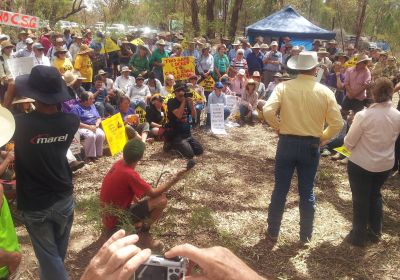
John Fenton is a farmer from Wyoming in the United States who has 24 gas wells on his property. He recently toured Australia to speak about the environmental and health impacts the gas industry has had on his land and community.
-
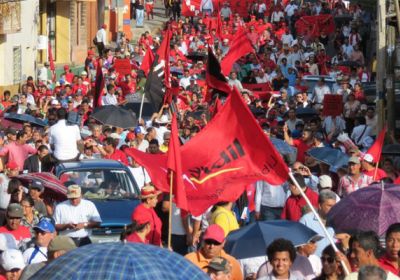
For days after the National Party (NP) was declared the winner of widely disputed elections on November 24, thousands of people protested on the streets of the Honduran capital Tegucigalpa.
-
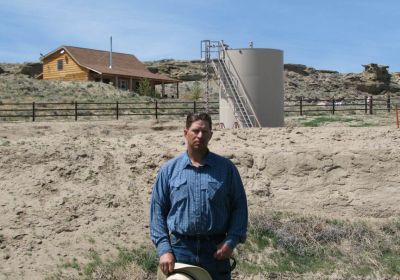 A farmer from Wyoming, who featured in the documentary Gasland, is touring Australia to warn locals about the health and environmental consequences of fracking for coal seam gas (CSG). John Fenton will speak about his experience of living with polluted ground water, polluted air and other effects of the gas industry. Fenton’s first meeting will be on February 22 in Sydney and will include 10 meetings in areas most affected by CSG mining, including regional NSW, Brisbane, Wollongong and Melbourne.
A farmer from Wyoming, who featured in the documentary Gasland, is touring Australia to warn locals about the health and environmental consequences of fracking for coal seam gas (CSG). John Fenton will speak about his experience of living with polluted ground water, polluted air and other effects of the gas industry. Fenton’s first meeting will be on February 22 in Sydney and will include 10 meetings in areas most affected by CSG mining, including regional NSW, Brisbane, Wollongong and Melbourne. -
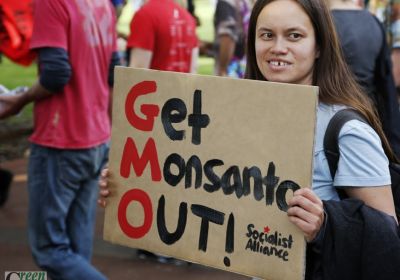 “Steve's case is really a case about all of us,” renowned Indian environmentalist Vandana Shiva said in support of organic farmer Steve Marsh. It is about the right to “have the freedom to eat healthy, safe organic food”. Marsh lives in Kojanup in Western Australia, and is embroiled in a landmark “David v Goliath” legal case about the effects of genetically modified (GM) crops on his farm.
“Steve's case is really a case about all of us,” renowned Indian environmentalist Vandana Shiva said in support of organic farmer Steve Marsh. It is about the right to “have the freedom to eat healthy, safe organic food”. Marsh lives in Kojanup in Western Australia, and is embroiled in a landmark “David v Goliath” legal case about the effects of genetically modified (GM) crops on his farm. -
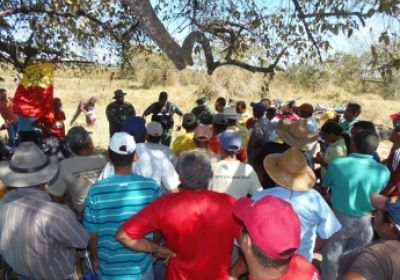 The Venezuelan government plans to continue its land expropriations this year in its push to move towards what it terms “agrarian socialism”. In the 2014 national budget, the government’s National Land Institute (INTI) sets its aim to expropriate 350,000 hectares of land this year. This compares with the goals of 350,000 and 397,000 hectares of land the government sought to expropriate in 2012 and last year respectively. The government began to increase the pace of land expropriations in 2011.
The Venezuelan government plans to continue its land expropriations this year in its push to move towards what it terms “agrarian socialism”. In the 2014 national budget, the government’s National Land Institute (INTI) sets its aim to expropriate 350,000 hectares of land this year. This compares with the goals of 350,000 and 397,000 hectares of land the government sought to expropriate in 2012 and last year respectively. The government began to increase the pace of land expropriations in 2011. -
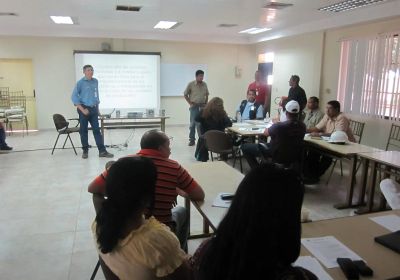
Communes and social movements have demanded the Venezuelan government combat the assassination of rural activists in the mountains of western Venezuela, which they say is undermining communal organising in the region.
-
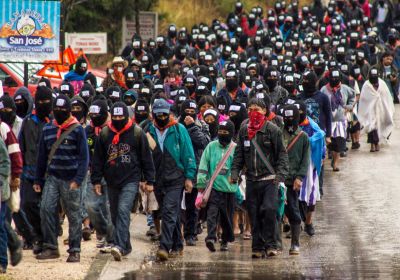
The tide of history sometimes surges out of the most unexpected places. Twenty years ago, the Zapatista indigenous uprising broke out in the southern Mexican state of Chiapas.
-

Australian-New Zealand mining company OceanaGold has destroyed the isolated rural village of Didipio in the mountains of Kasibu in Nueva Vizcaya, a province of the Philippines. OceanaGold has operated one of six mining projects in the Philippines covered by the Financial or Technical Assistance Agreement (FTAA) since 1994. Fierce resistance from villagers, legal struggles and the financial problems of the company meant it was only this year that OceanaGold was able to ship out its first 5000 tons of copper-gold concentrate.
-
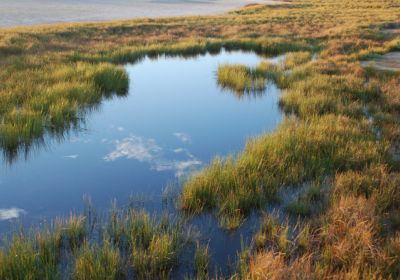
New regulations restrict coal seam gas (CSG) companies from residential housing areas in NSW, but do little to protect the rural landscape.
-
Something is looming in the shadows that could help erode our basic rights and contaminate our food. The Trans Pacific Partnership (TPP) has the potential to become the biggest regional free-trade agreement in history, both in economic size and the ability to quietly add more countries in addition to those originally included.
-
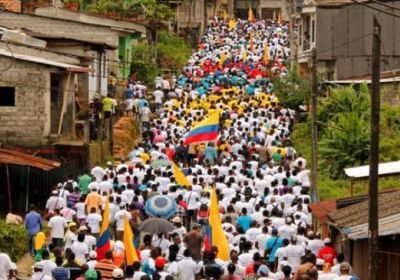 Representatives of the Colombian rural poor (campesinos) began negotiations with the government on September 12, three-and-a-half weeks into an uprising against “free-trade” policies. By blockading highways and stopping work since August 19, Colombian campesinos made a dramatic statement for a fairer economy and greater independence from the United States. The central demand was and is the abolition of the free-trade agreements (FTAs) with the US and EU, and guaranteed minimum prices for their agricultural products.
Representatives of the Colombian rural poor (campesinos) began negotiations with the government on September 12, three-and-a-half weeks into an uprising against “free-trade” policies. By blockading highways and stopping work since August 19, Colombian campesinos made a dramatic statement for a fairer economy and greater independence from the United States. The central demand was and is the abolition of the free-trade agreements (FTAs) with the US and EU, and guaranteed minimum prices for their agricultural products.